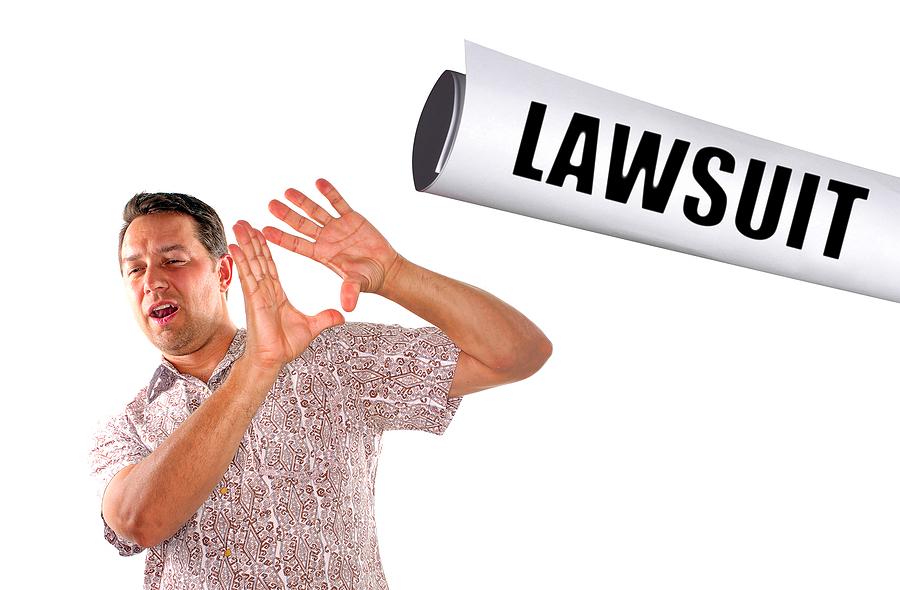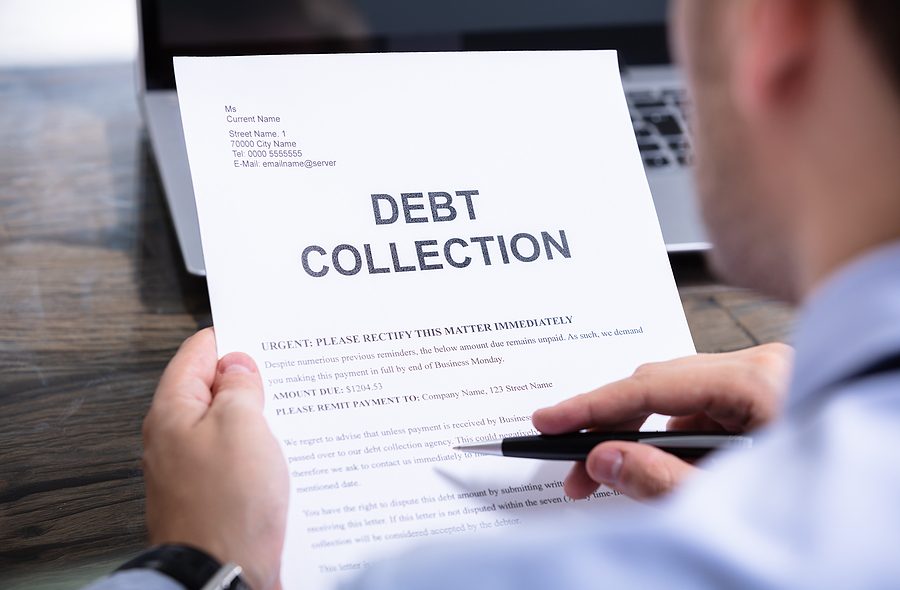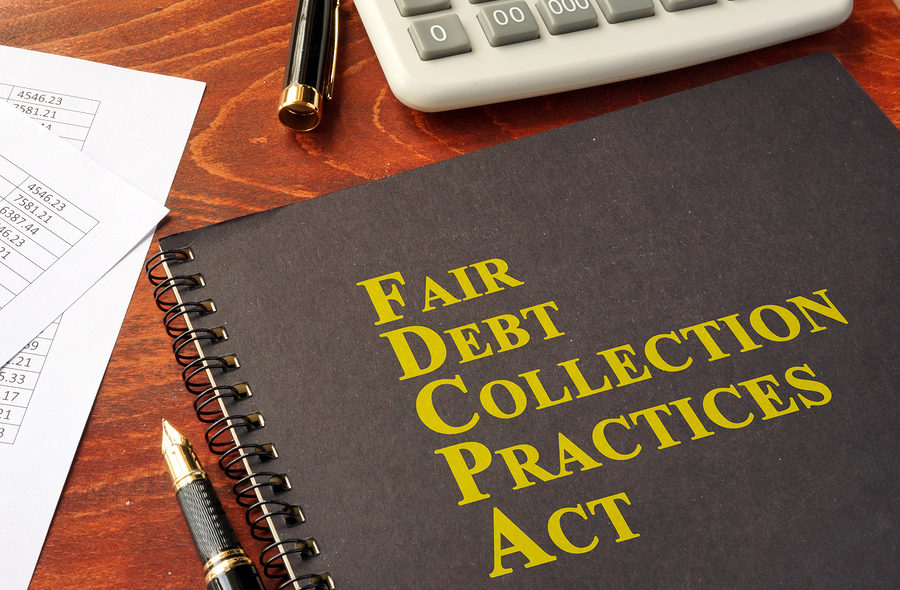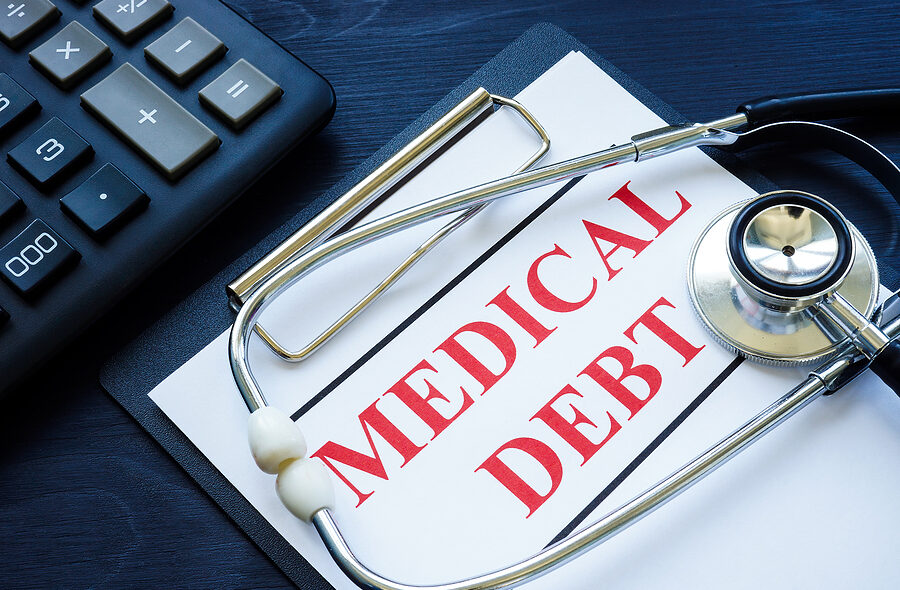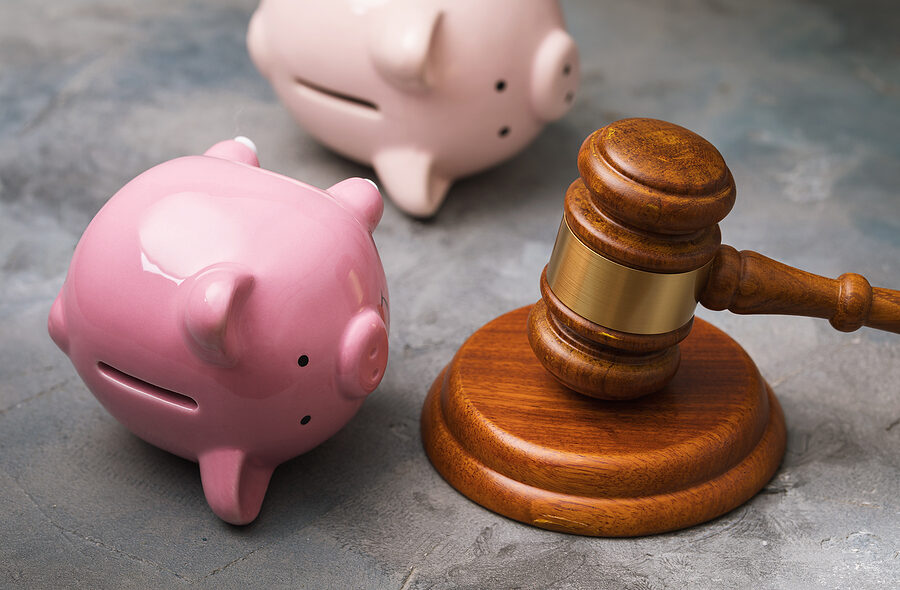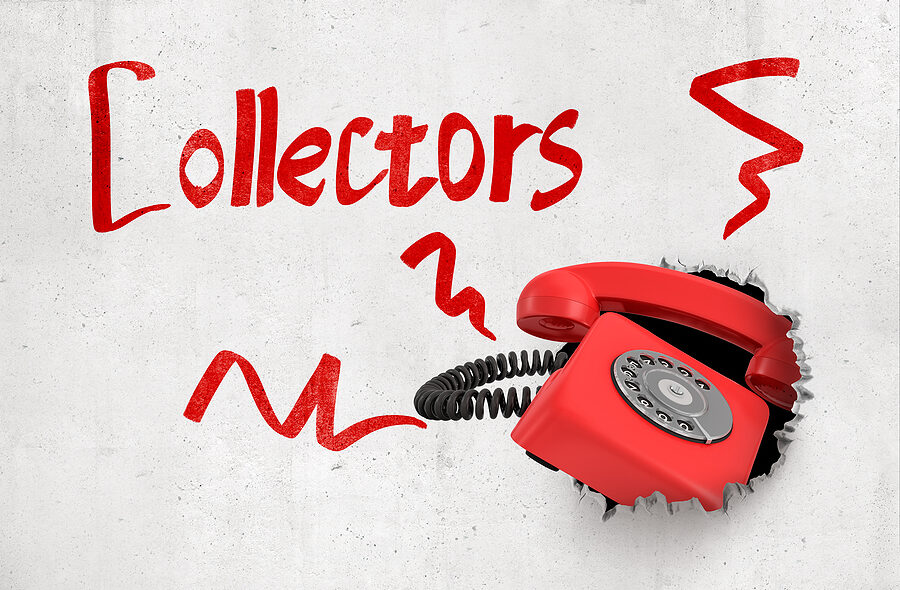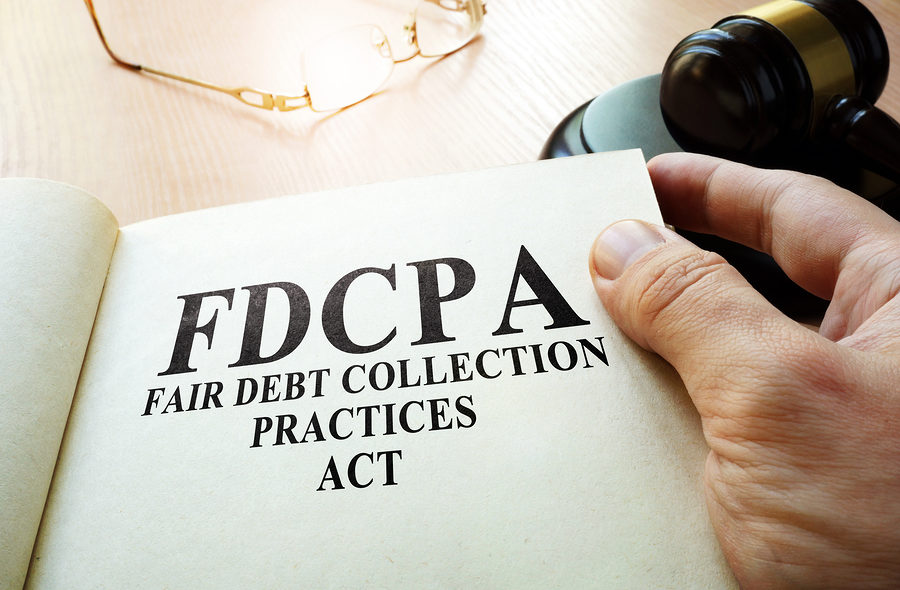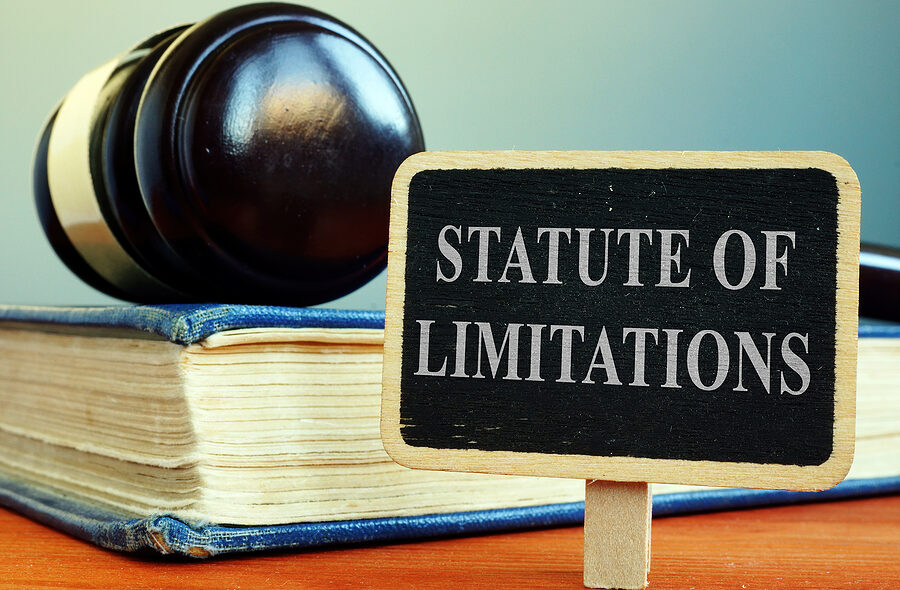The Consumer Financial Protection Bureau (CFPB) released a bulletin regarding the recently passed No Surprise Act, specifically relating to both consumer reporting requirements and medical debt collection. This CFPB bulletin provides consumers with information on compliance requirements in a hope to clarify the new law for consumers and third-party debt collectors.
The No Surprise Act was enacted to protect consumers from being forced to pay for out-of-network through what is known as surprise billing. Surprise billing occurs when the customer receives a medical bill showing that a medical expense is much more than anticipated. Unfortunately, circumstances do exist where a consumer receives medical services from a hospital or other medical provider that he or she believes is in-network. However, the consumer soon receives an unwarranted surprise in the form of a bill showing that the doctor within that hospital is actually out-of-network.
In the bulletin, the CFPB warns debt collectors about how the Fair Debt Collection Practices Act (FDCPA) intersects with the No Surprise Act. Specifically, the CFPB expressed concerns regarding debt collection practices where the collector uses “false, deceptive or misleading representations” to get the consumer to pay on the debt. For example, a debt collector may feel compelled to make certain misrepresentations to the consumer that he or she must pay a debt that would otherwise fall under the No Surprise Act, when, in fact, the person is able to dispute the out-of-network charges made. Additionally, collecting an amount that far exceeds what is owed for medical care could also be considered a violation of the FDCPA.
The bulletin also expressed concerns regarding consumer reporting agencies (CRAs) publishing information regarding any unpaid medical debts that would otherwise fall under the provisions of the No Surprise Act. Under the Fair Credit Reporting Act (FCRA), CRAs are required to ensure that the information provided is accurate. CRAs and furnishers of consumer credit reporting information must establish and abide by reasonable procedures to ensure all information is accurate, and if there is any possibility that information published is not accurate, the CRA and furnisher must conduct a reasonable and timely investigation. Given that the No Surprise Act deals with situations where consumers may be told they owe a large amount of debt on a medical expense that would otherwise be covered, ensuring that CRAs are being diligent and careful when reporting this information is important.
Given the implications involved, it is important that both sides know what steps need to be taken to reduce the risk for liability in dealing with these debts. Additional guidance and information is anticipated as both consumers and debt collectors navigate the provisions of this new law.
Please click here to read more.
Those who have experienced illness or injury and found themselves overwhelmed with medical debt should contact an experienced Miami bankruptcy attorney. In bankruptcy, medical bills are considered general unsecured debts just like credit cards. This means that medical bills do not receive priority treatment and can easily be discharged in bankruptcy. Bankruptcy laws were created to help people resolve overwhelming debt and gain a fresh financial start. Bankruptcy attorney Timothy Kingcade knows how to help clients take full advantage of the bankruptcy laws to protect their assets and get successful results. Since 1996 Kingcade Garcia McMaken, P.A. has been helping people from all walks of life build a better tomorrow. Our attorneys’ help thousands of people every year take advantage of their rights under bankruptcy protection to restart, rebuild and recover. The day you hire our firm, we will contact your creditors to stop the harassment. You can also find useful consumer information on the Kingcade Garcia McMaken, P.A. website at www.miamibankruptcy.com.

